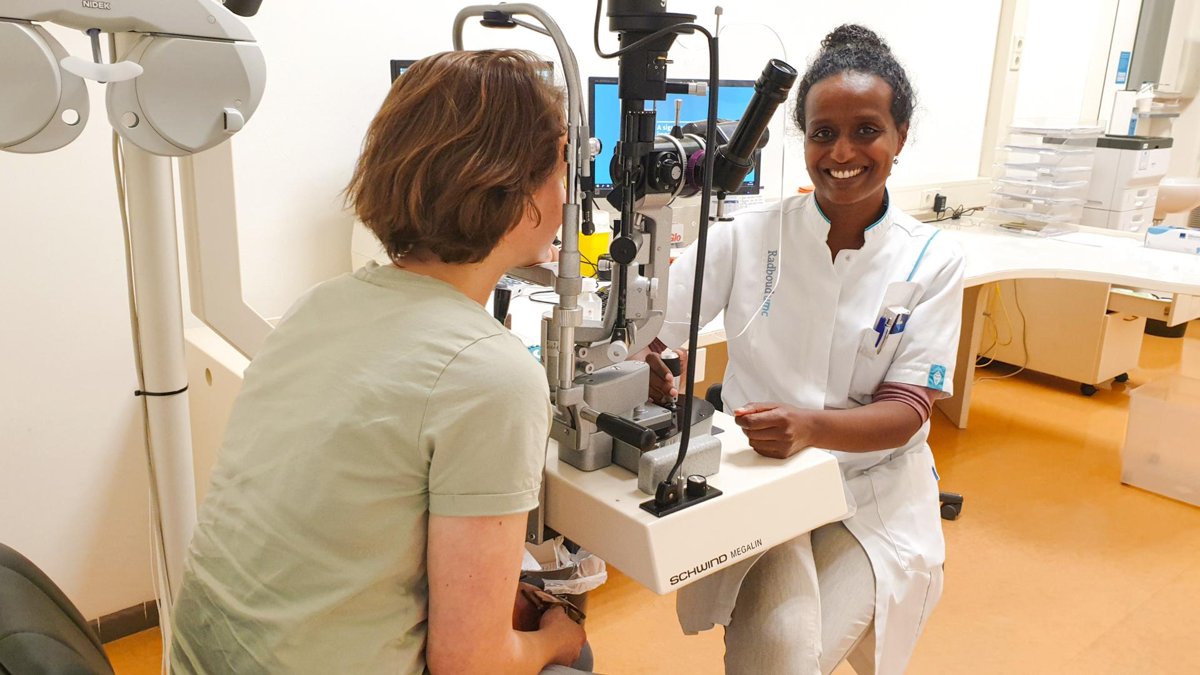
RyanDarby, MD
Assistant Professor, Neurology at Vanderbilt University Medical Center
Biography
Dr. Ryan Darby’s research interests involve using neurologic methods to investigate the anatomy, psychology, and philosophy involved in disorders of the brain. In addition to being the lab’s Principal Investigator, he runs the Vanderbilt Frontotemporal Dementia Clinic.
Ryan Darby is an assistant professor of neurology and Director of the Frontotemporal dementia clinic at Vanderbilt University. He received his undergraduate degree from Princeton University in psychology and neuroscience, and his medical degree from Vanderbilt University. He trained in neurology at Massachusetts General Hospital and Brigham and Women’s Hospital as part of the Partners Neurology/Harvard Medical School program. He then received the Sidney R. Baer, Jr. Research Fellowship in Clinical Neurosciences at the Beth Israel Deaconess Medical Center. He simultaneously completed a clinical fellowship in behavioral neurology and neuropsychiatry at Beth Israel Deaconess Medical Center, Massachusetts General Hospital, and McLean Psychiatric Hospital in Boston. He currently sees patients in the Frontotemporal Dementia Clinic and Dementia-related Psychosis Clinic in the Department of Neurology at Vanderbilt University Medical Center.



